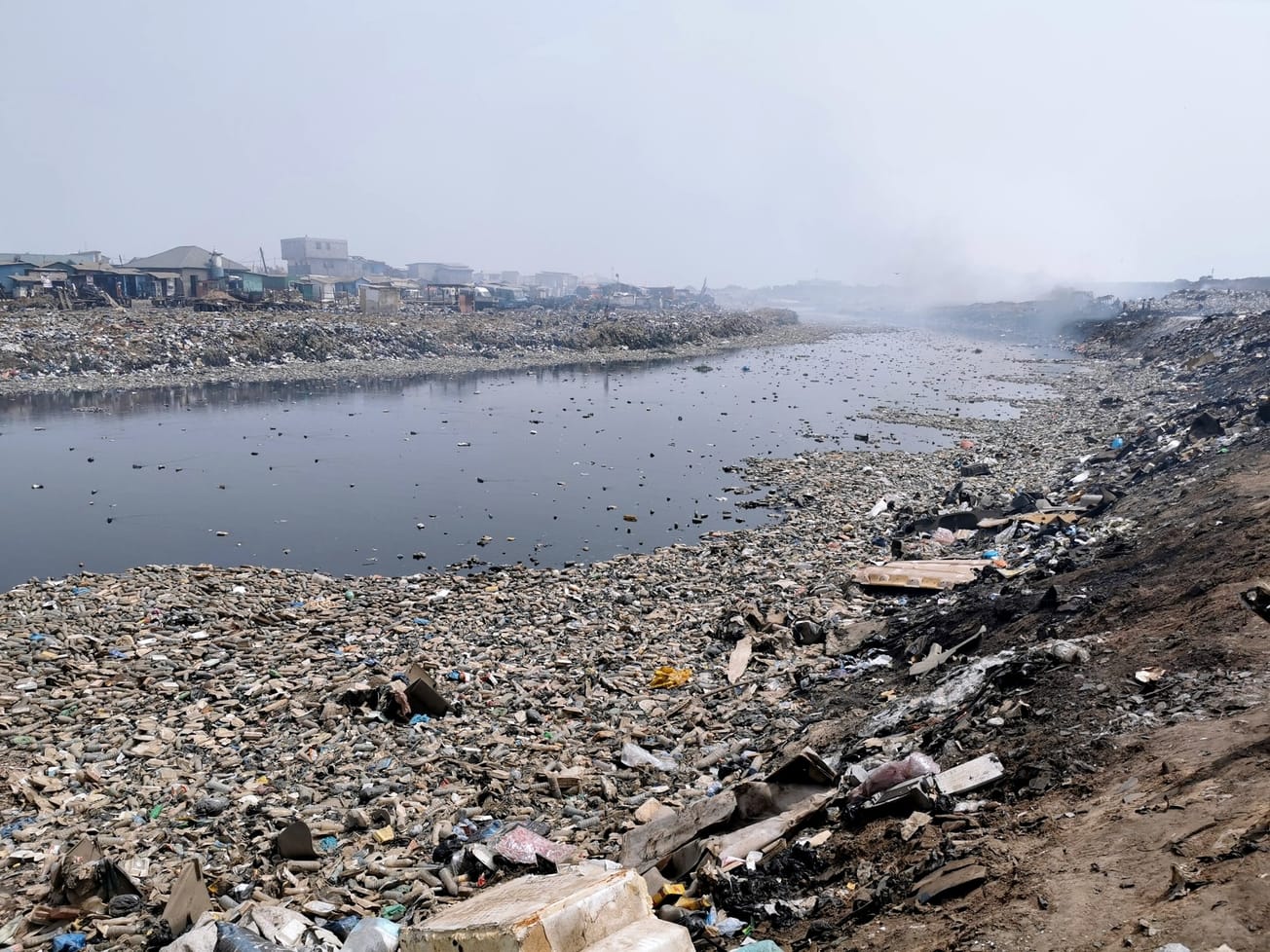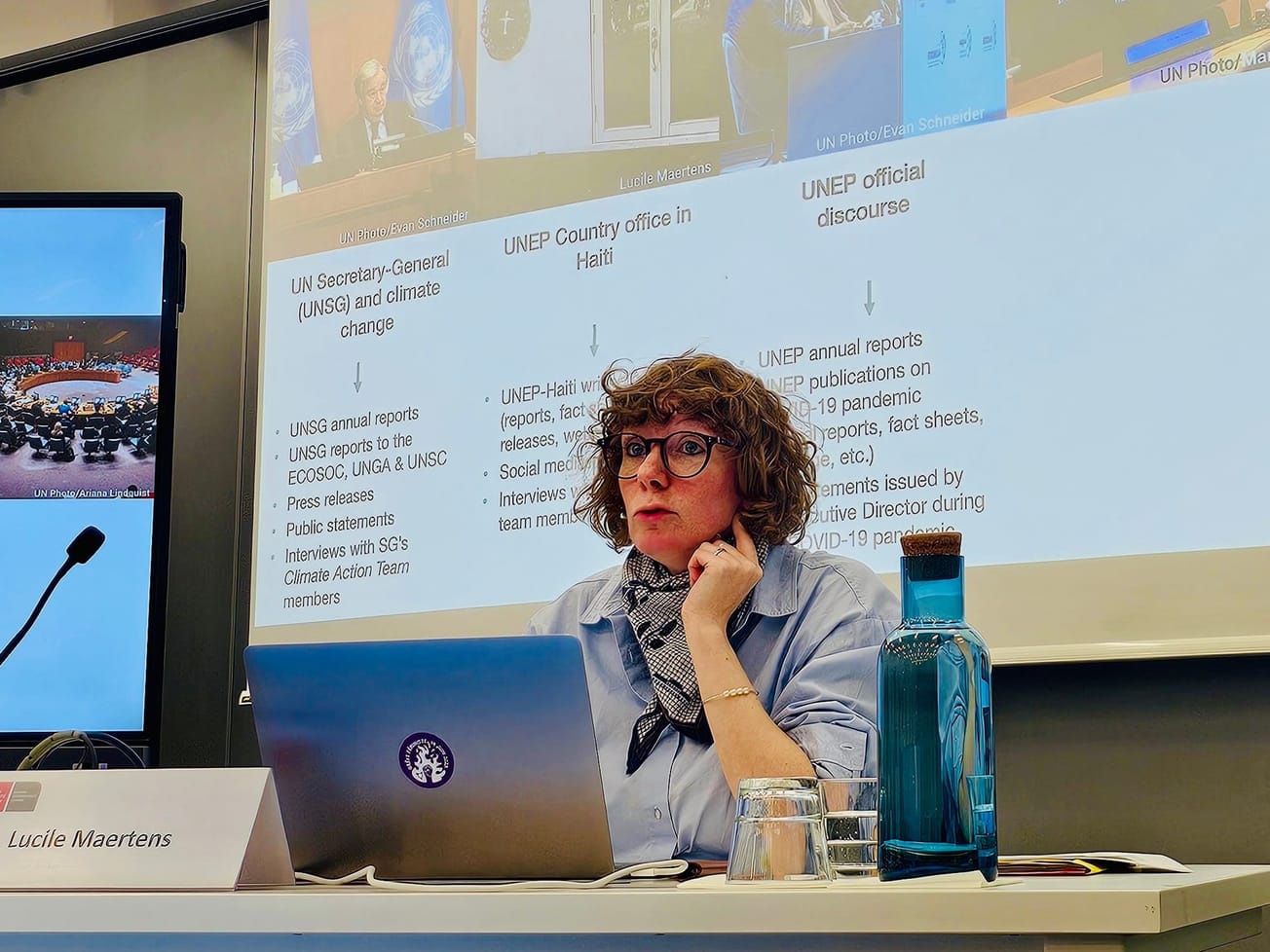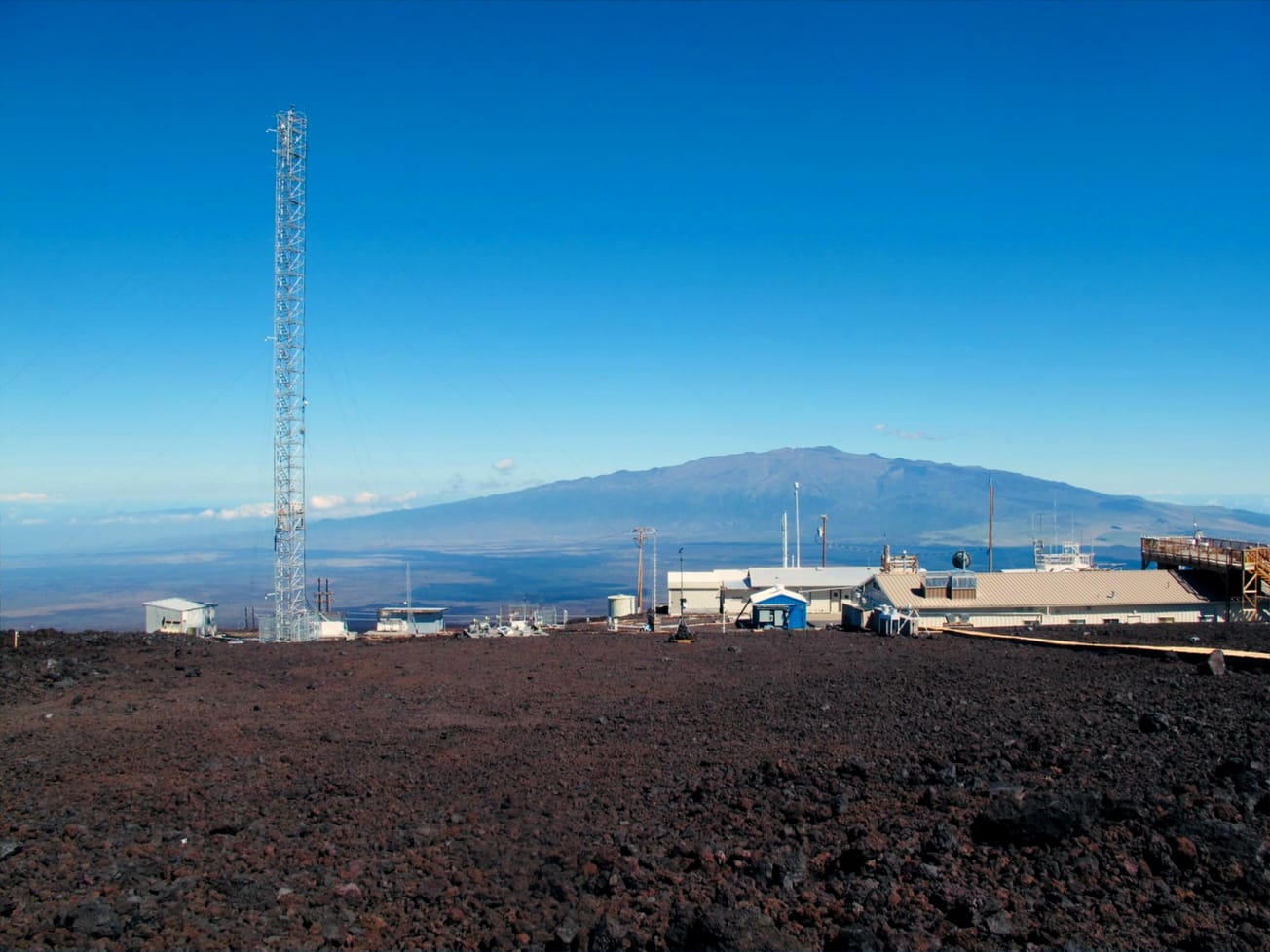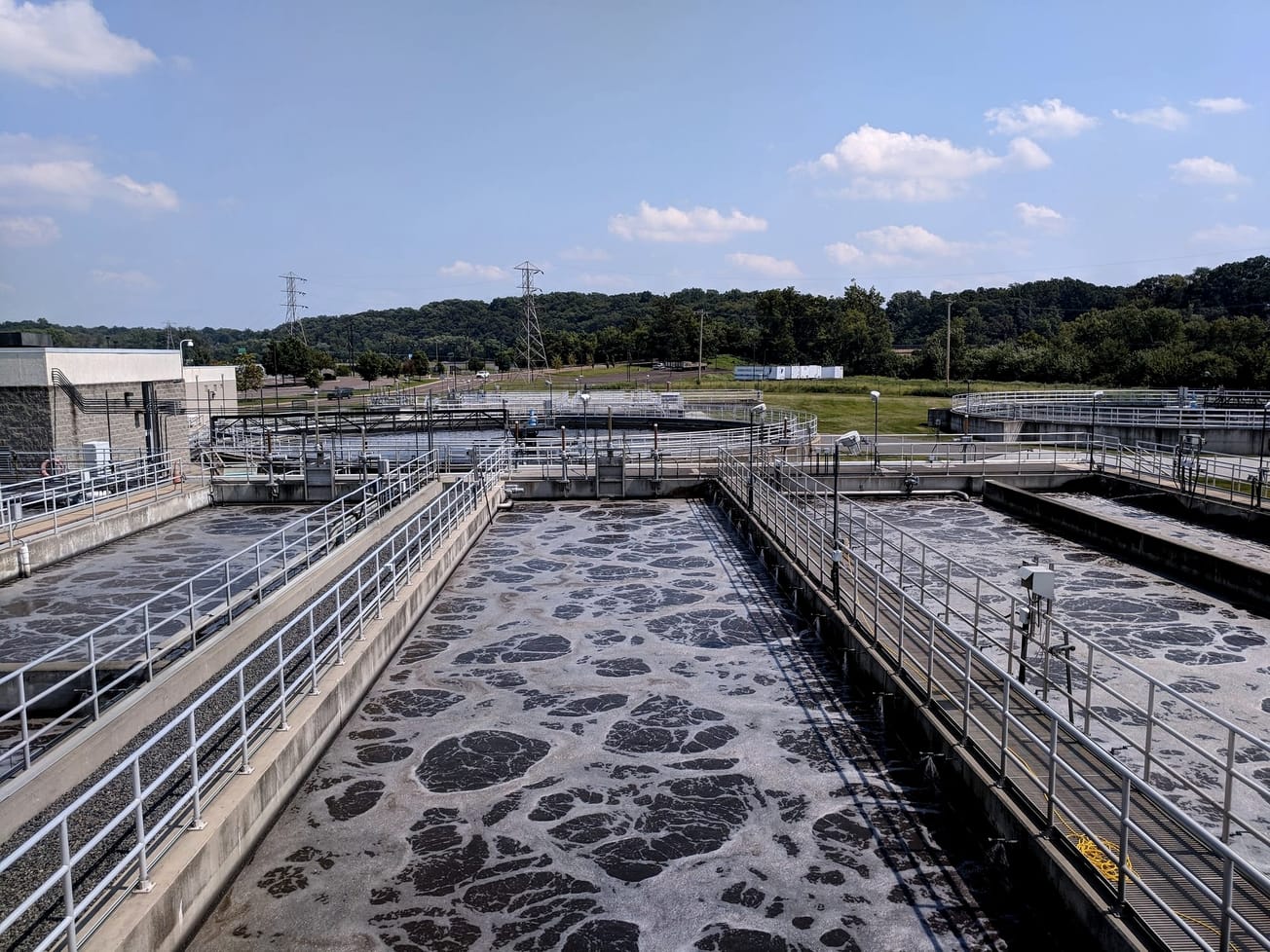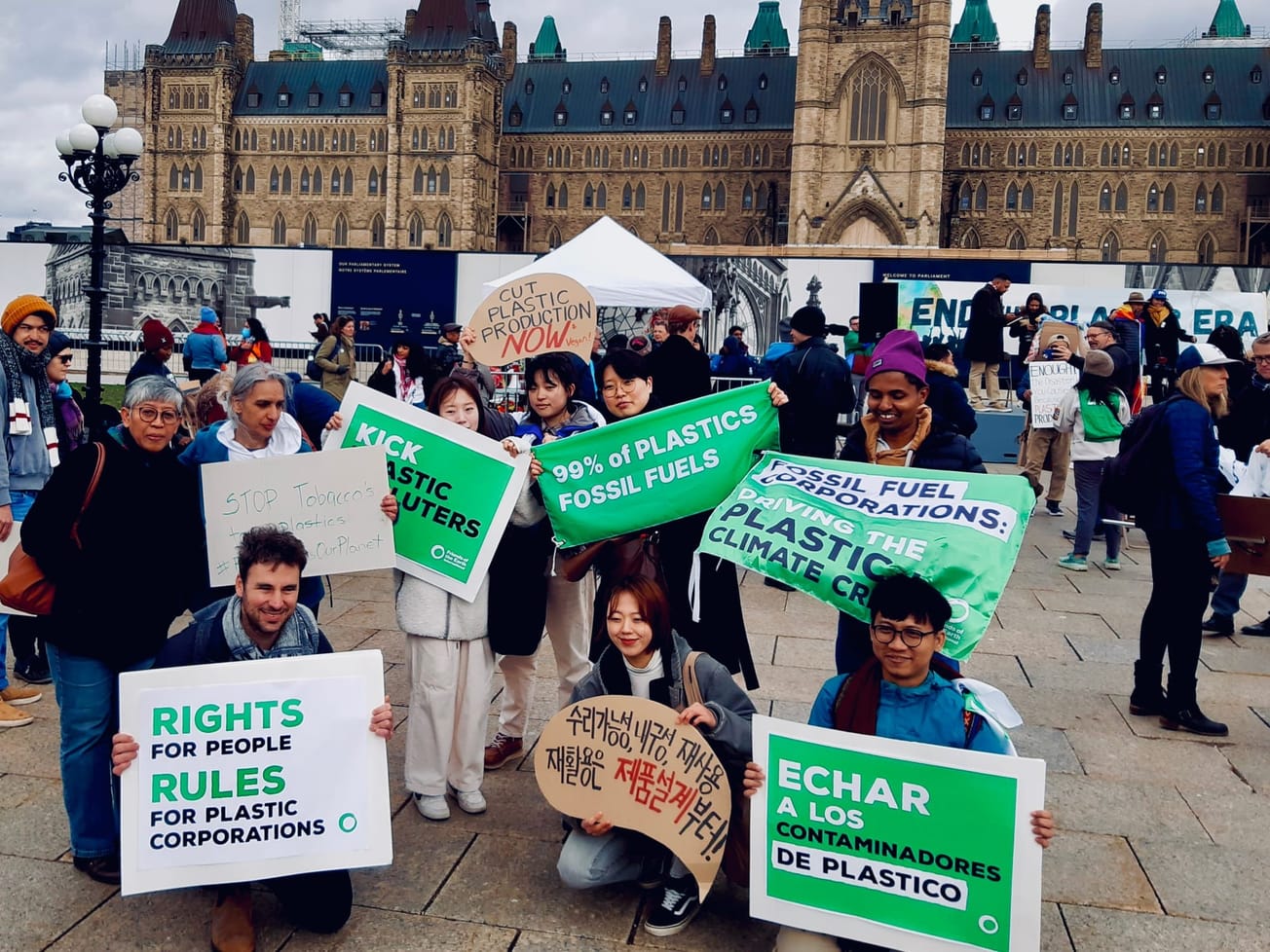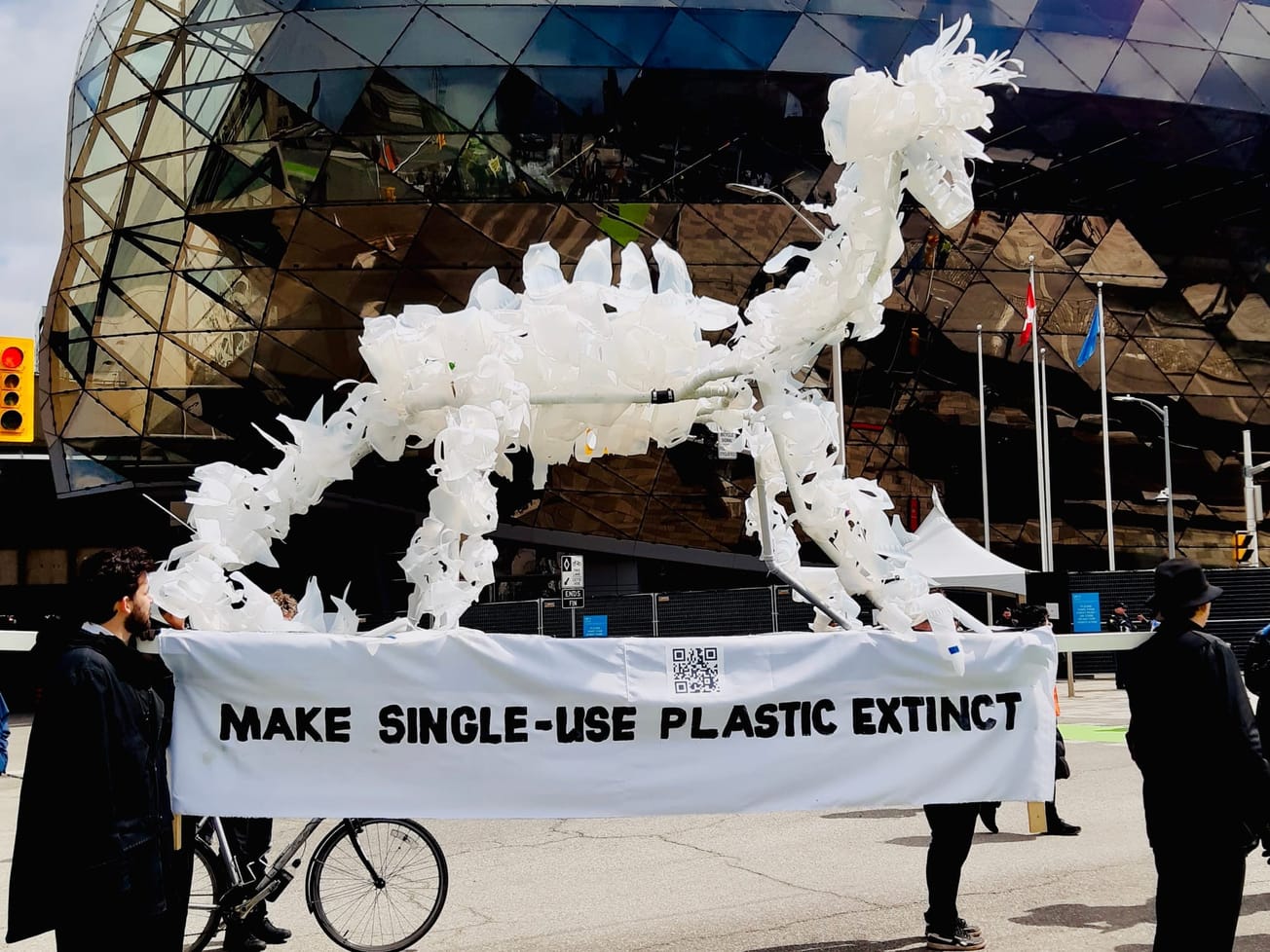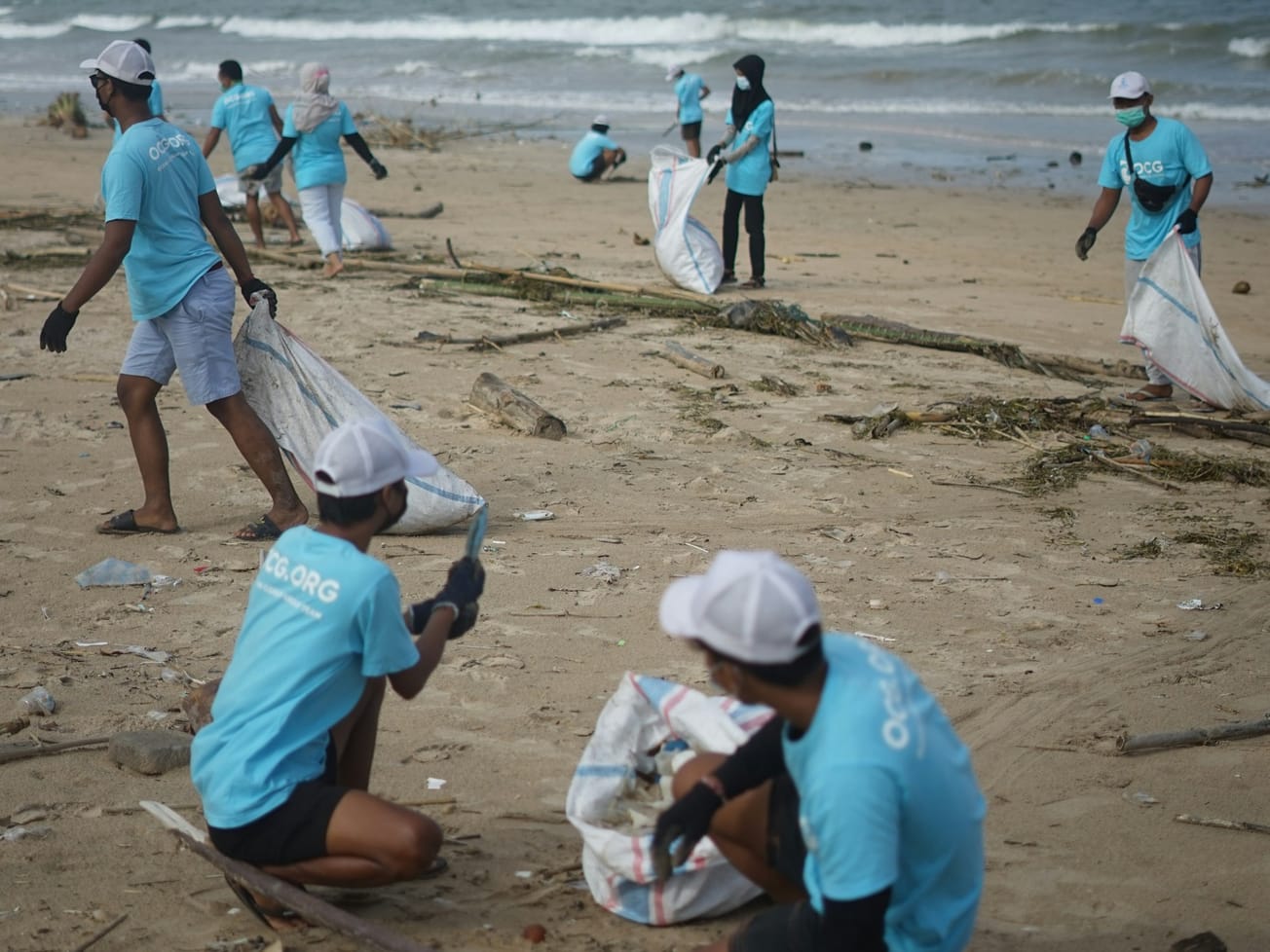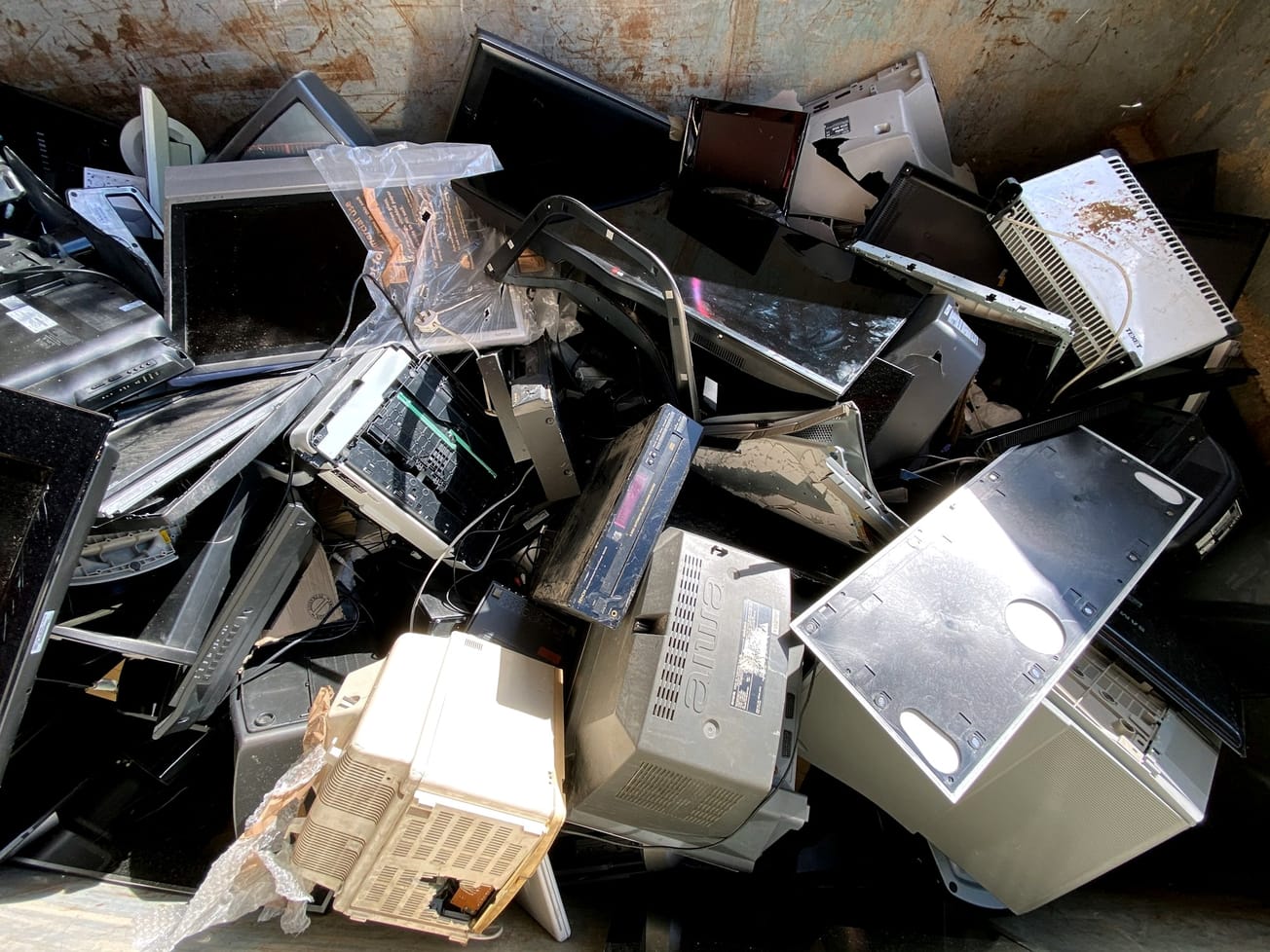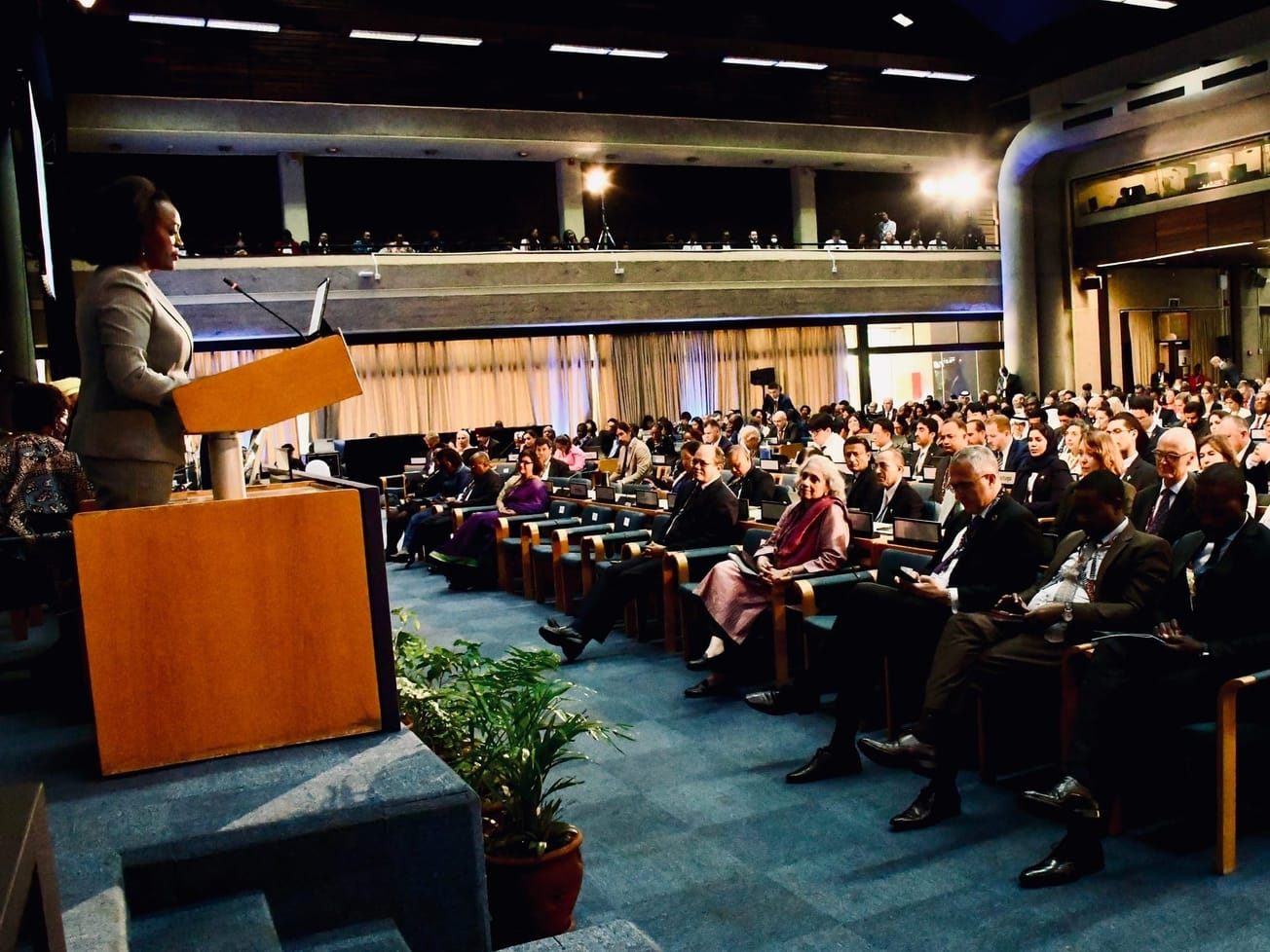
E.U.'s €20B plan calls for AI gigafactories with 'green computing'
Europe's 'AI continent' would offer up to five large-scale but power-hungry facilities drawing Big Tech with simpler rules.
Already have an account? Log in
Europe's 'AI continent' would offer up to five large-scale but power-hungry facilities drawing Big Tech with simpler rules.
Israel's brutal military campaign in Gaza has drawn direct criticism from all corners of the U.N. and its top officials.
Nations for plastic production limits and oil-rich producers deadlocked in the hours before the talks were set to expire.
Negotiators are meeting in Busan, South Korea to conclude the world's first legally binding plastic waste treaty.
The ability to keep an important issue on the public agenda can depend on how an organization frames the debate.
In 1958, climatologist Charles David Keeling pioneered CO2 measurement in the atmosphere on a Hawaiian volcano.
When nations update their pledges to cut greenhouse gas emissions next year, only a massive improvement will work.
A report found a 73% drop in wildlife populations since 1970 and said nations must tackle the climate and nature crises.
The guidance comes weeks before the U.N. General Assembly takes up the issue of AMR at its high-level meeting this month.
As the U.N. honored the Geneva Conventions, the Red Cross chief said non-compliance is a 'serious problem.'
Building debris may take $647 million and 15 years to clean up. Around 800,000 tons might qualify as hazardous waste.
Some pointed to a recent landmark human rights ruling on climate change as a potential use for a Global Plastics Treaty.
Environmentalists said they were disappointed the treaty talks did not address plastic production measures.
The chair of the talks called for optimism despite divisions among plastic-producing nations and those urging restraints.
Just 22.3% of all the e-waste - any product that has a plug or battery - was properly collected and recycled in 2022.
Armed conflicts and planetary crises were top concerns of the U.N. Environment Assembly, which adopted 15 resolutions.


